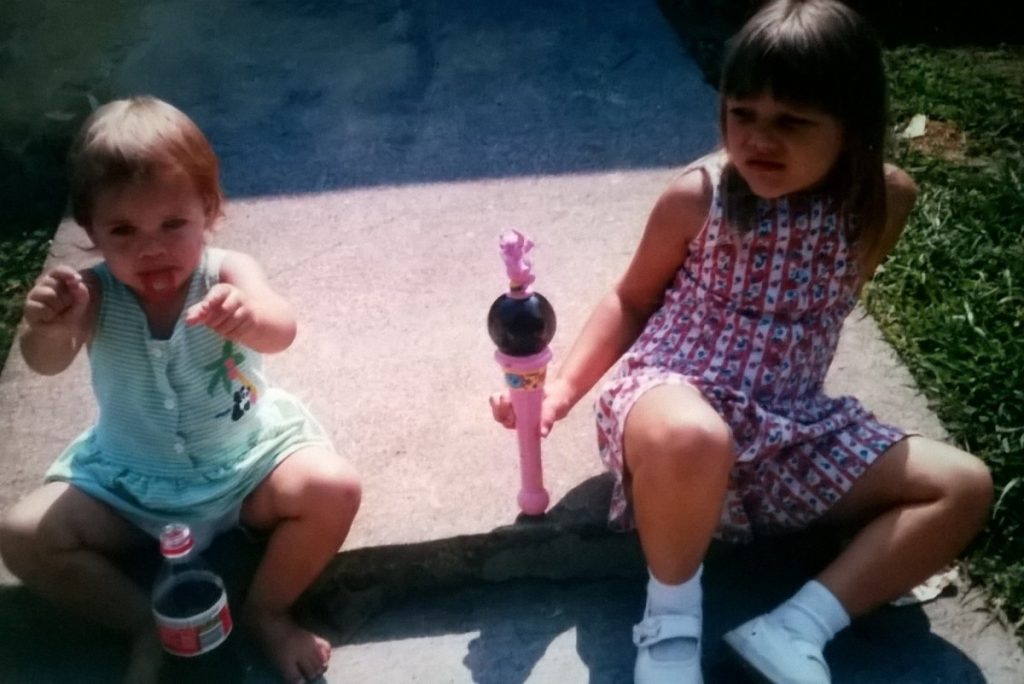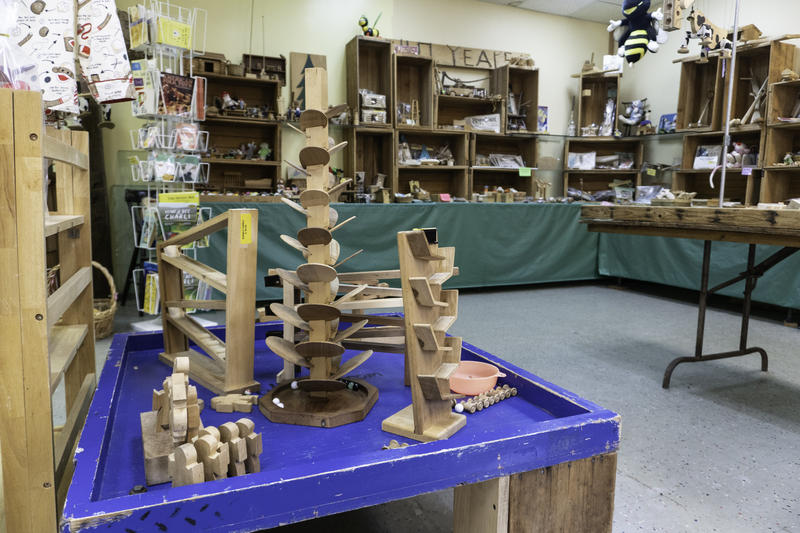Seeing “Dark Waters” itself is a surreal experience for someone born and raised in Parkersburg, West Virginia, at least in part because I never thought I would see a story about my hometown on the big screen.
“Dark Waters” is an eco-thriller produced and starred in by Mark Ruffalo. It explores the life and ensuing legal cases led by the man who took on DuPont in the late 1990s over the dumping of forever chemicals, namely C-8 or PFOA, by the chemical company into the Mid-Ohio Valley. The movie fits well with Ruffalo’s environmental activist profile, as he regularly advocates for environmental justice on national television.
The film is based on a New York Times article written in 2016, titled “The Lawyer Who Became DuPont’s Worst Nightmare.” In it, Ruffalo reflects on screen the important internal conflicts felt by my community as the class action lawsuit played out, such as the economic power of DuPont in Parkersburg, the long-lasting effects of the water pollution, and how one doesn’t simply cut all their ties and leave West Virginia. That becomes obvious as we watch Ruffalo’s character (the attorney at the center of the lawsuit against DuPont) Rob Bilott’s inability to detach himself from the plight of Earl Tennant, the Wood County farmer who brought the issue to Bilott’s law office office in Cincinnati.
As I returned to my hometown for the Thanksgiving holiday last month, some of my friends and family were looking forward to the movie’s release, while others felt pessimistic about the shadow it would cast on our community. Even before seeing it, West Virginia legislators from the area disavowed and discouraged community members from watching it, accusing Ruffalo of using hillbilly stereotypes. The Ohio Manufacturing Association produced a campaign accusing “Dark Waters” and the filmmakers behind it of participating in a “ploy to sell tickets and score political points” that “misrepresents our way of life in the Ohio Valley,” even though fact-checks clear most of the “Dark Waters” story.
Like many of my friends from the Mid-Ohio Valley, I’ve had trouble coming to terms with the reality of the film. It has quite literally stirred the waters in my community and led to hard discussions within my family and friends. I’ve found myself late into the night researching the chemicals and learning what I can from local news about their impact, and now reflecting deeply on my upbringing, morality and the future of my health and that of my community.
For some of us younger folks, we are just realizing the extent to which the dumping occurred and the history behind the incident, the culpability of the people who live here. In the past month, I’ve found out just how deep that loyalty to DuPont extends, even into my own family. I learned one of my family members worked directly on the dumping night shifts– they’re already dead from cancer. Another refuses to get follow-up medical tests after their initial testing for C8. While outsiders looking in may connect this hardheadedness to overwhelmingly conservative beliefs, those hesitant, defensive reactions in my family and those around us aren’t based on politics. They’ve instead come from the left and the right.

I find myself wondering what other health problems could affect my friends, family, or me in the future. We were a generation of children, like our parents, raised on water with extremely high levels of C8 and now know many of us are likely to bear the brunt of the health crisis from this illegal dumping. Some friends– the lucky ones with good insurance– are already nervous about upcoming medical tests and it’s not because we’re overly paranoid. Recent studies have shown that people in the Mid-Ohio Valley can expect to live much shorter lives than the rest of the country for any number of reasons, but after seeing the results of the science panel put in place to study the area after a class-action lawsuit ruled against the company, instances of a variety of cancers linked to C8 certainly don’t help increase that length.
But we’re not alone in our concern. We are only one community in a much larger, global focus on the impact chemical plants and plastics manufacturing are having on the environment and, in turn, our health. Recent studies from the U.S. Environmental Protection Agency measuring the chemicals in bloodstreams demonstrate widespread exposure of PFOA/C8 in humans and wildlife, and the United Nations recommended a global ban on the chemicals last year. And it’s not just DuPont: Many other companies produce these same hazardous chemicals.
Frankly, I believe most young people have little to no faith in government officials or companies to enforce water safety. Parkersburg’s water remains polluted, according to the standards set by Environmental Working Group, a D.C.-based water advocacy organization. The state has failed so many times to defend public health and the environment that many people often develop a cynical view of government. In some cases, that cynicism leads them to step in and join the fight, but for many others, incidents like the one in “Dark Waters” pushes them out of the state altogether.
Recently, at a conference in Beckley, West Virginia, a woman from southeastern Ohio was surprised that I had never eaten catfish, even though I grew up on the Ohio River. I joked that my family always warned me that the fish in our river weren’t safe to eat; it was too polluted or they were too mutated.
“Dark Waters” and the conversations I’ve had with friends and family since its release have forced me to reflect on the jokes that I grew up hearing, making me think there is something much more sinister behind them. The movie has sparked me, and many other young people from Parkersburg, to ask questions, to be critical and to examine the role of the company in the community, one that provided so many of our family’s with economic security. But at what cost?
Alena Klimas was born and raised in Parkersburg, West Virginia. She co-founded expatalachians with a handful of other folks, mostly from the Mid-Ohio Valley. Klimas now lives in Asheville, North Carolina, where she works as a consultant on development projects in central Appalachia.



